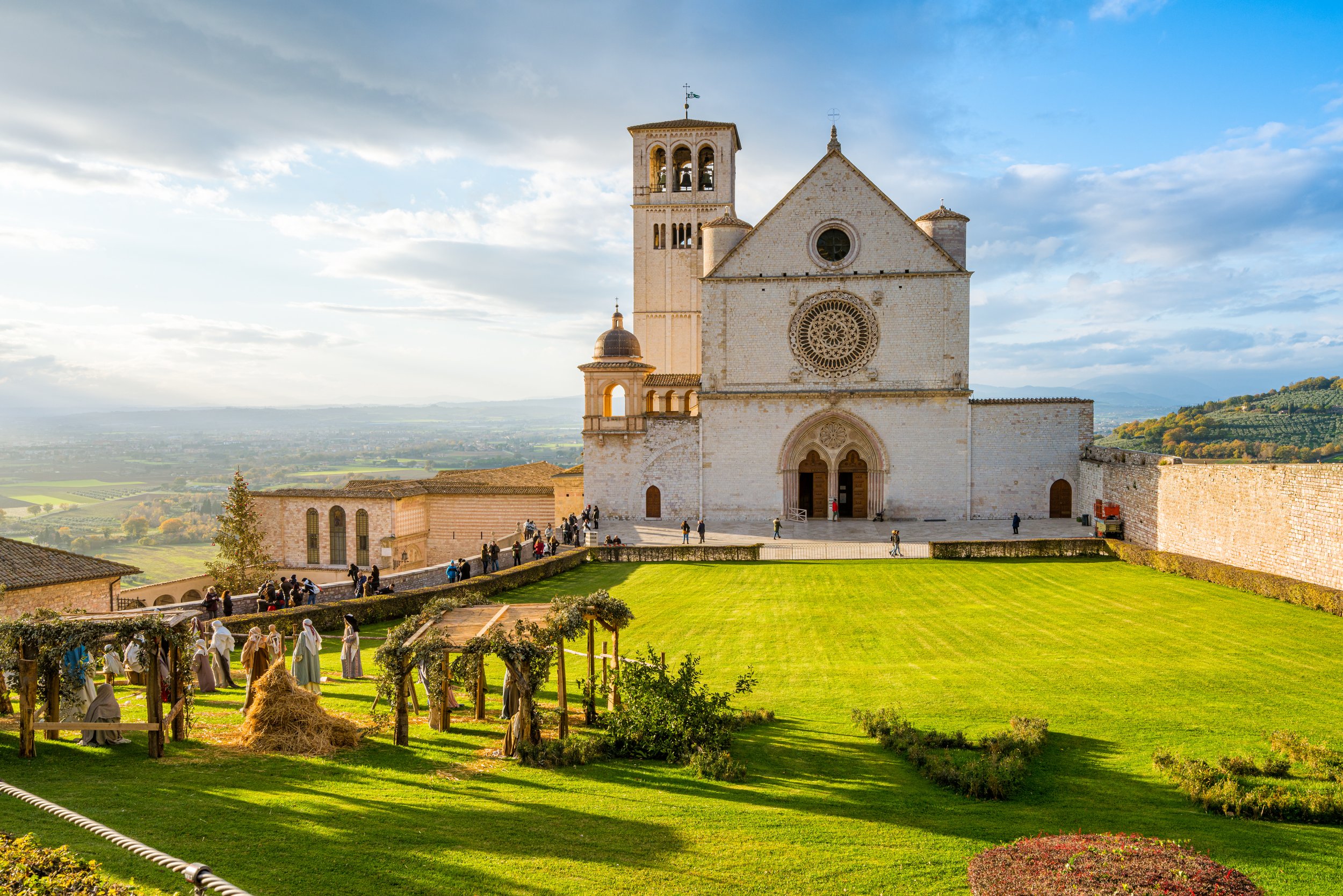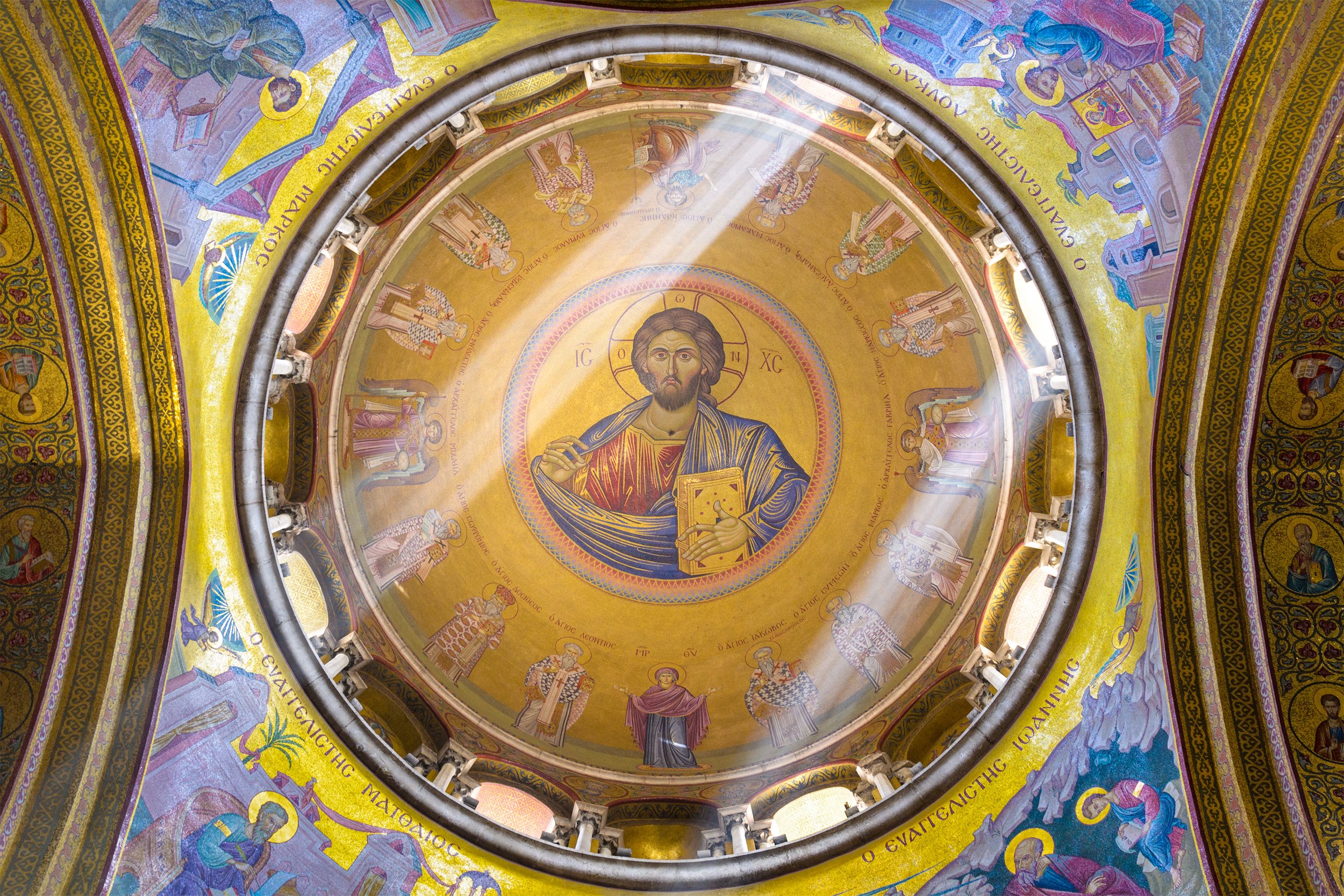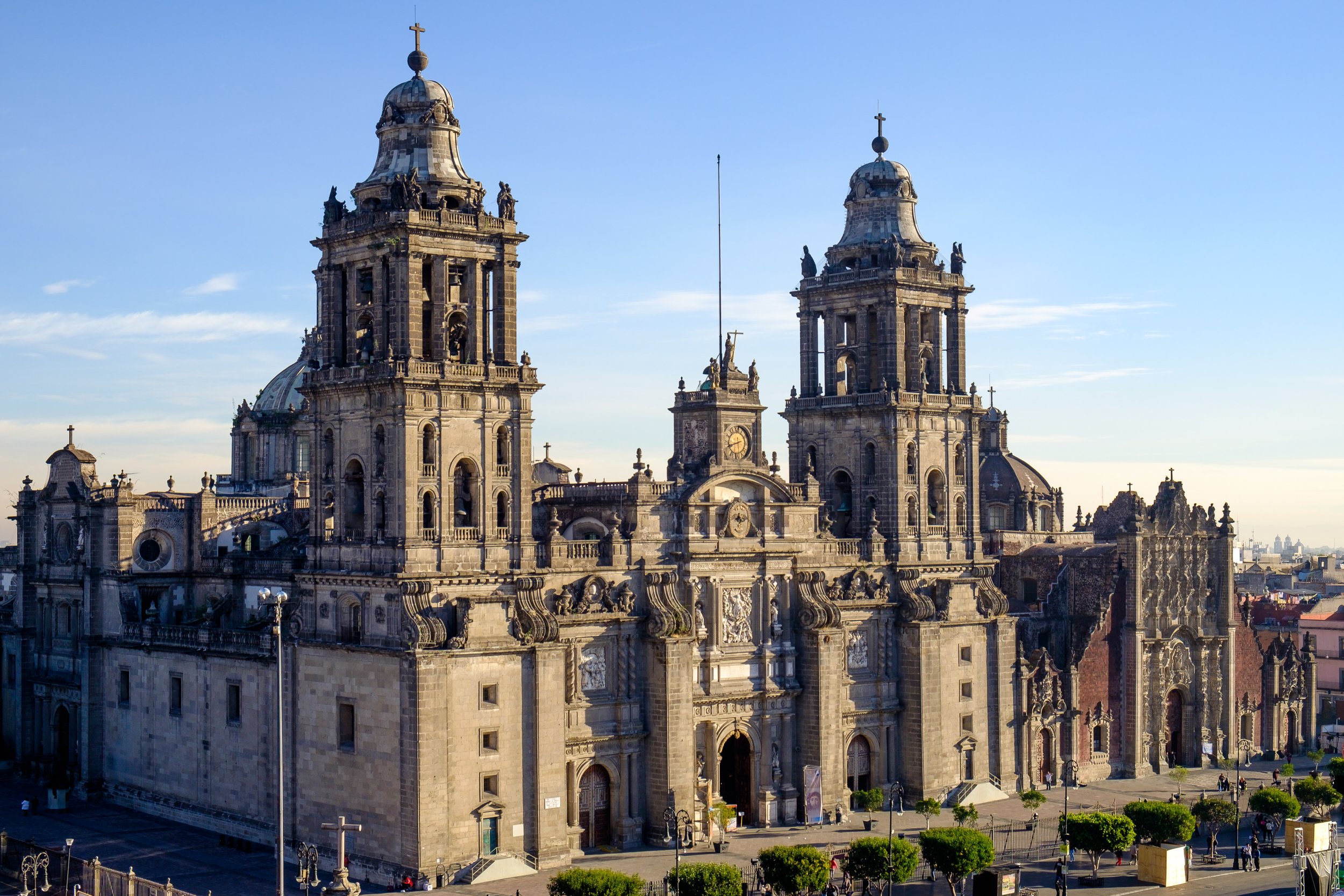
Take a spiritual Adventure
Over 24 Years of Experience
Magnificat Travel is an apostolate that seeks to “Magnify the Lord” by supporting the ongoing conversion of pilgrims through facilitating and shepherding journeys to Holy Places.
Jubilee Year Pilgrimages
Learn more about the 2025 Jubilee Year and what journeys are celebrating in Italy!
Take a look at our Journeys by Locations
Italy
Holy Land
France
Other European Adventures
The Americas
Go down Memory Lane. View our Gallery














